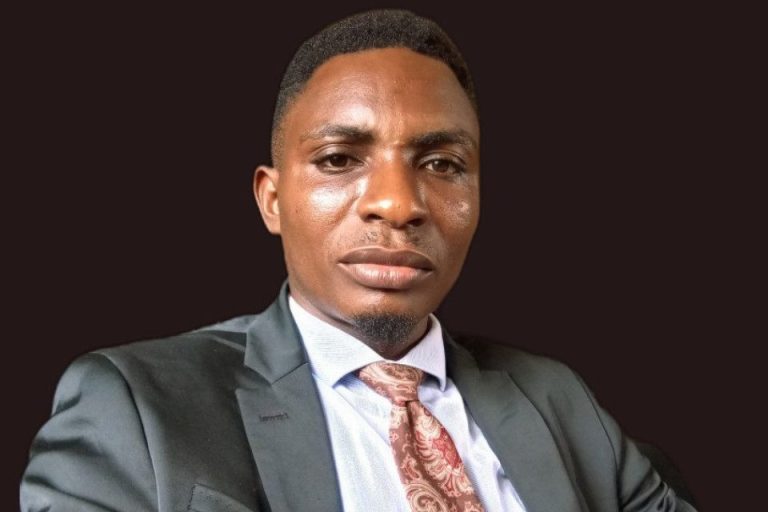Mr. Edetaen Ojo, Executive Director of Media Rights Agenda and Co-Chair of the Open Government Partnership (OGP) Nigeria, has said that the involvement of civil society and citizens in the reform agenda is the essential difference between the OGP and other initiatives that have been previously undertaken to improve governance in different parts of the world.
He added that previous processes and initiatives have been run on the false assumption that government knows everything, understands the needs of the people and can therefore make decision about what is best for the people. He noted that as a result, development plans and other initiatives have not often responded to the peoples’ needs. This is what the OGP process is set to reverse.
Mr. Ojo, Executive Director of Media Rights Agenda (MRA) and Civil Society Co-Chair of the OGP Nigeria made these declarations while delivering his welcome remarks at the National Steering Committee and Donor Coordination Meeting of OGP Nigeria in Abuja on March 14, 2017.
He explained that at both the international and national levels, the OGP Steering Committee is made up of equal numbers of government and civil society representatives who oversee the development of the OGP. He added that the members of the Committee provide guidance and direction for the process, maintain high standards for the initiative and ensure that it is sustainable. This is in alignment with the OGP’s bid to bring together governments and civil society as equal partners.
Mr. Ojo highlighted that within the OGP framework, the private sector is seen as part of civil society but stated that in Nigeria, the private sector is recognised as a critical stakeholder in the process and as such is given a more prominent recognition. He explained that in the OGP Nigeria process, the reference to non-state actors covers the private sector and traditional civil society so that the private sector is not lost in the reference to civil society. He also pointed out that the Committee will strive to ensure that the private sector always has a representative among the four OGP Nigeria co-chairs.
The OGP process requires the government to consult with civil society and citizens which gives civil society experts access to critical discussions around open government reforms as well as the ability to engage with public officials to implement such reforms.
In the welcome address, he disclosed that at the national level, the OGP requires government to work with civil society organisations to develop and implement the OGP national action plan which contains priorities that have been jointly agreed upon.
Mr. Ojo added that the process also encourages member countries to establish institutional mechanisms, known as the Permanent Dialogue Mechanism (PDM), for ongoing dialogue and collaboration between government and civil society which runs throughout the process. This, he noted, helps to ensure real partnership, meaningful and effective engagement and a system of feedback from citizens.
He also pointed out the Independent Civil Society Engagement team that works to broaden, strengthen and engage a strong civil society network to participate in the OGP, particularly at the national level.
He emphasised the importance of civil society and citizen engagement as an opportunity to tap into and leverage the vast resources available within civil society across a wide range of sectors and allow for improvement in governance.
He explained that civil society would serve as a sounding board for government to test policy initiatives and ideas before they are implemented.
Mr. Ojo ended his remarks by highlighting the benefits of the process to include reducing the mutual suspicion on government and civil society sides; government easily winning civil society support for its policies and programmes; as well as frank but constructive interactions and engagements that will ultimately lead to a better Nigeria.





